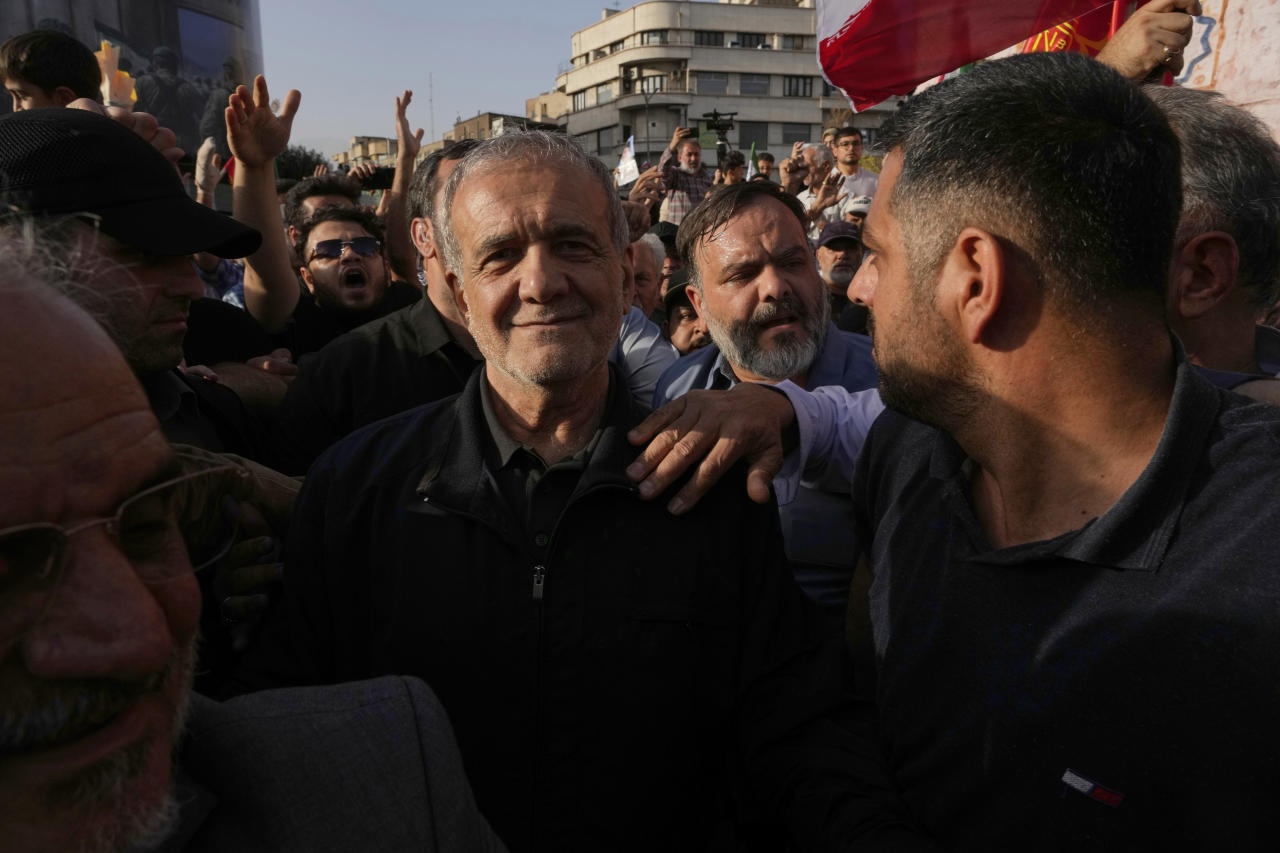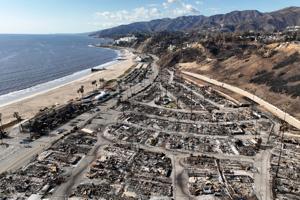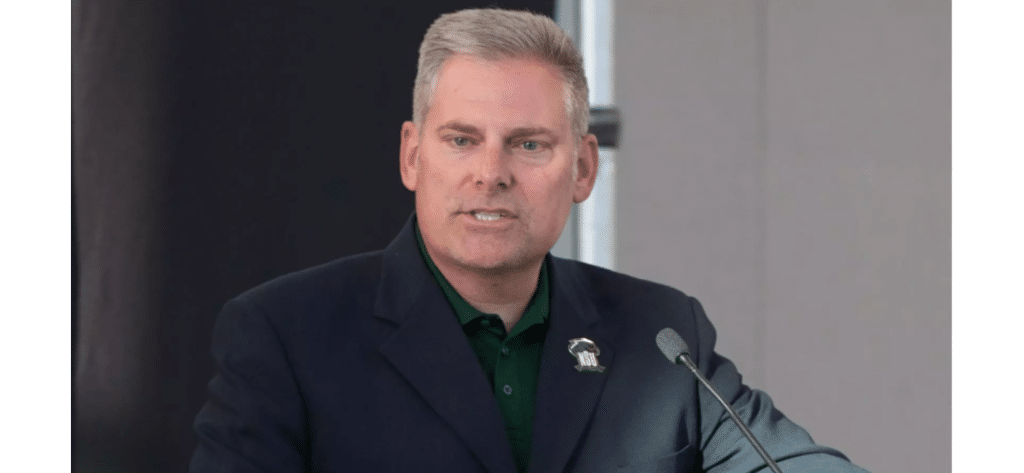Iran Halts Cooperation with UN Atomic Agency Amid Rising Tensions

In a significant escalation of its nuclear program, Iran has announced the suspension of its cooperation with the International Atomic Energy Agency (IAEA). This decision, revealed on Monday, effectively blinds the global watchdog to any potential nuclear activities that Tehran might undertake in the near future.
The move comes amidst a backdrop of increasing tensions between Iran and Western nations, particularly over the stalled negotiations to revive the 2015 nuclear deal. The suspension of cooperation with the IAEA raises concerns about Iran’s nuclear ambitions and the potential for renewed enrichment activities.
Background and Context
Iran’s decision to halt its collaboration with the IAEA is not unprecedented. The country has, in the past, limited access to its nuclear sites as a bargaining chip in international negotiations. However, this latest development is particularly concerning given the current geopolitical climate.
The 2015 nuclear accord, formally known as the Joint Comprehensive Plan of Action (JCPOA), was intended to limit Iran’s nuclear capabilities in exchange for the lifting of economic sanctions. Following the United States’ withdrawal from the agreement in 2018 under the Trump administration, Iran gradually reduced its compliance, citing the failure of other signatories to uphold their commitments.
Expert Opinions
Experts in international relations and nuclear policy have expressed alarm over Iran’s recent decision. Dr. Emily Landon, a senior fellow at the Center for Strategic and International Studies, stated,
“This suspension is a significant setback for nuclear non-proliferation efforts. Without the IAEA’s oversight, the international community loses a critical tool for monitoring Iran’s nuclear activities.”
Meanwhile, Ali Vaez, an Iran analyst at the International Crisis Group, noted that the move could be a strategic maneuver by Tehran to gain leverage in ongoing negotiations.
“Iran is likely using this as a pressure tactic to hasten a resolution to the nuclear deal talks,” Vaez explained.
Implications for Global Security
The suspension of cooperation with the IAEA could have far-reaching implications for global security. Without regular inspections and oversight, there is a heightened risk of Iran advancing its nuclear program beyond peaceful purposes. This development could potentially trigger a regional arms race in the Middle East, with neighboring countries seeking to bolster their own defense capabilities in response.
According to a recent report by the Stockholm International Peace Research Institute,
“The Middle East remains a volatile region, and any perceived escalation in nuclear capabilities could lead to increased military tensions.”
Historical Parallels
The current situation draws parallels to the early 2000s when Iran’s nuclear activities first came under international scrutiny. At that time, the lack of transparency and cooperation with the IAEA led to a series of diplomatic standoffs and sanctions that only eased with the signing of the JCPOA.
The suspension of cooperation now threatens to unravel the fragile progress made in nuclear diplomacy over the past decade. It underscores the challenges of maintaining a balance between enforcing non-proliferation and engaging in constructive dialogue.
Next Steps and Potential Outcomes
As the international community grapples with this development, diplomatic efforts are likely to intensify. The European Union, Russia, and China, all signatories of the JCPOA, have expressed their intent to mediate and bring Iran back to the negotiating table.
Meanwhile, the United States, under the Biden administration, has reiterated its commitment to resolving the nuclear issue through diplomatic channels. However, it has also emphasized that all options remain on the table should Iran pursue a path of nuclear escalation.
In the coming weeks, the focus will be on whether Iran will reconsider its stance and re-engage with the IAEA. The international community remains hopeful that a diplomatic resolution can be achieved, averting a potential crisis in the region.
The world watches closely as this complex situation unfolds, with the hope that dialogue and diplomacy will prevail over conflict and confrontation.






